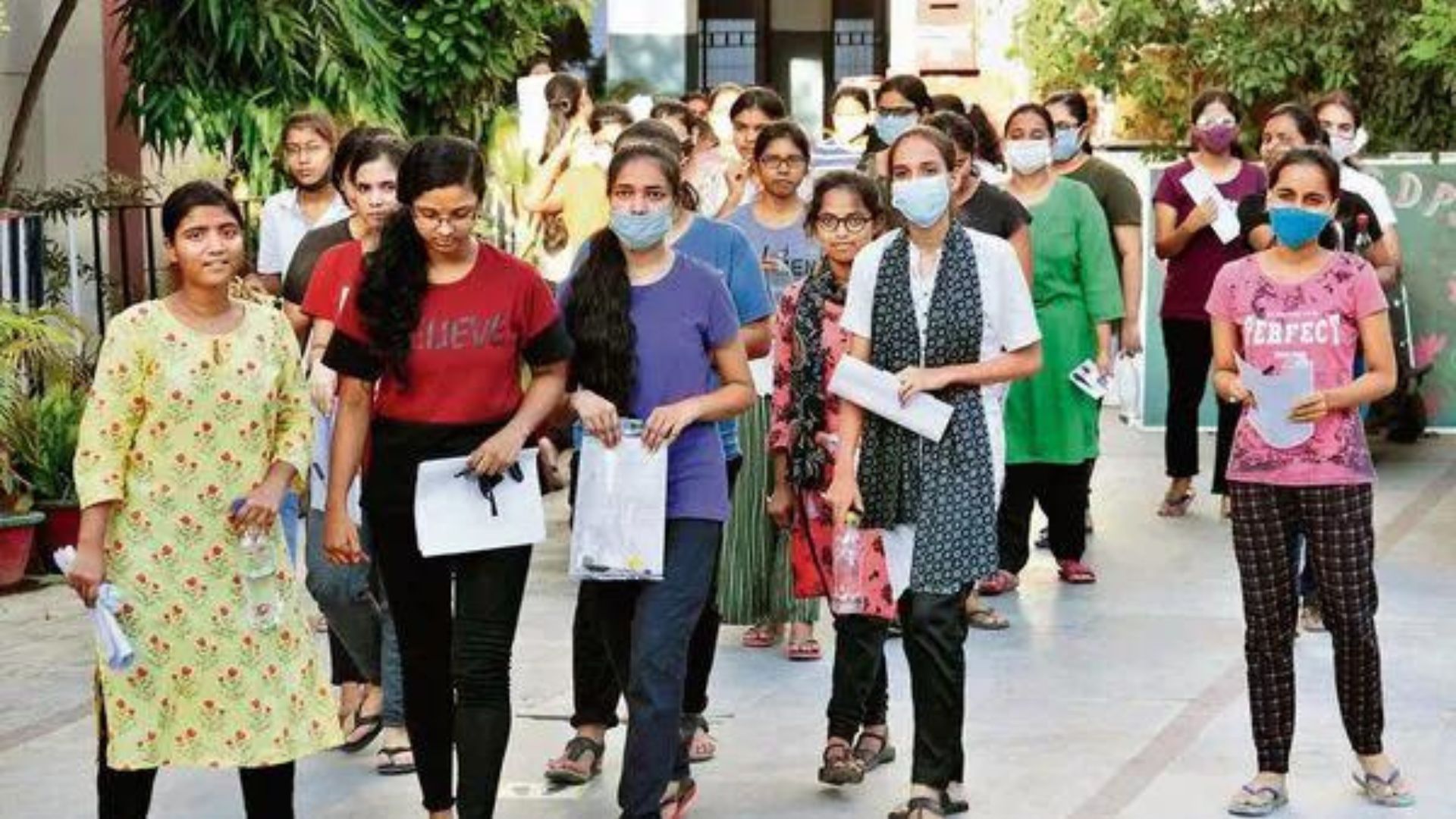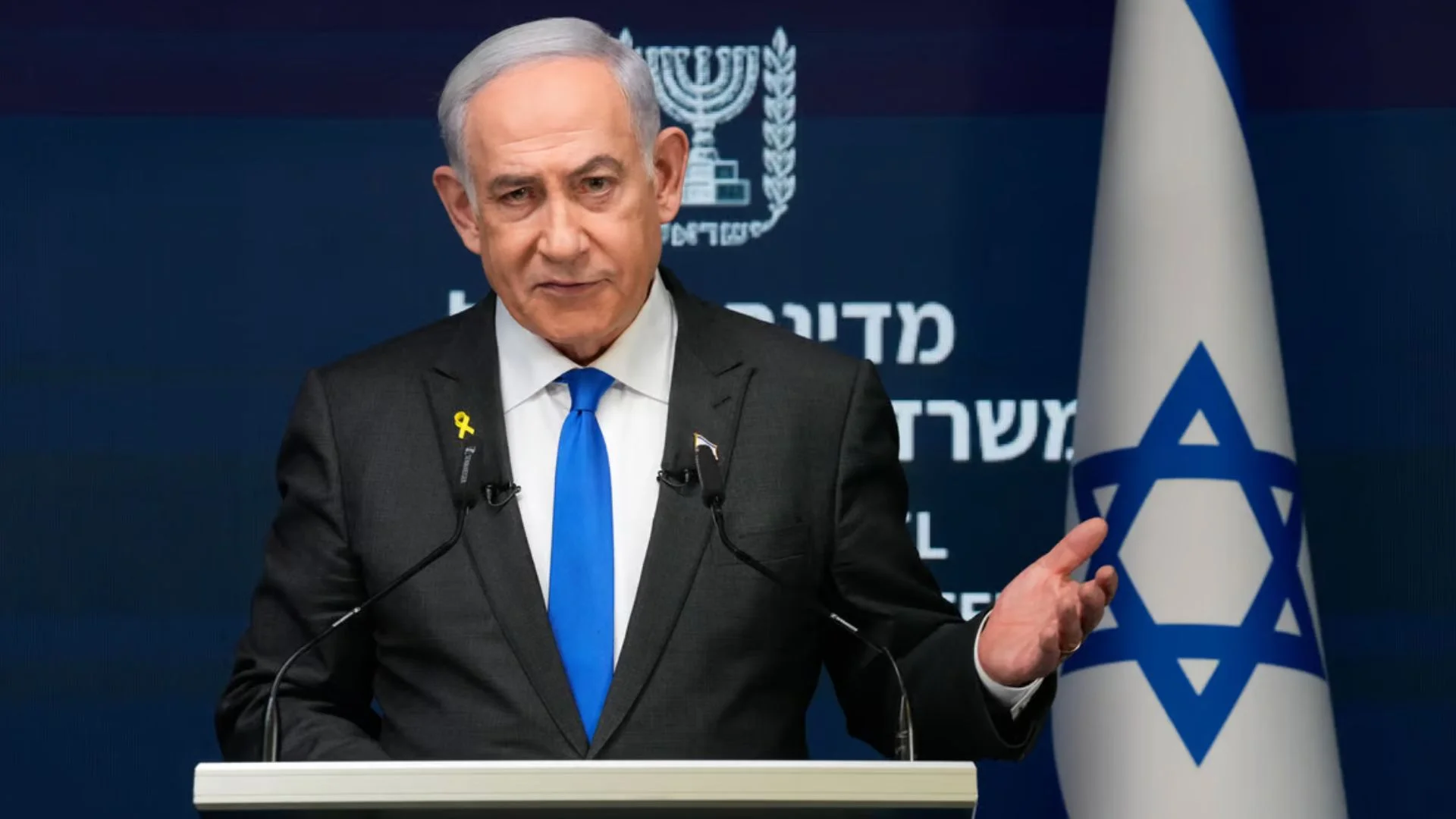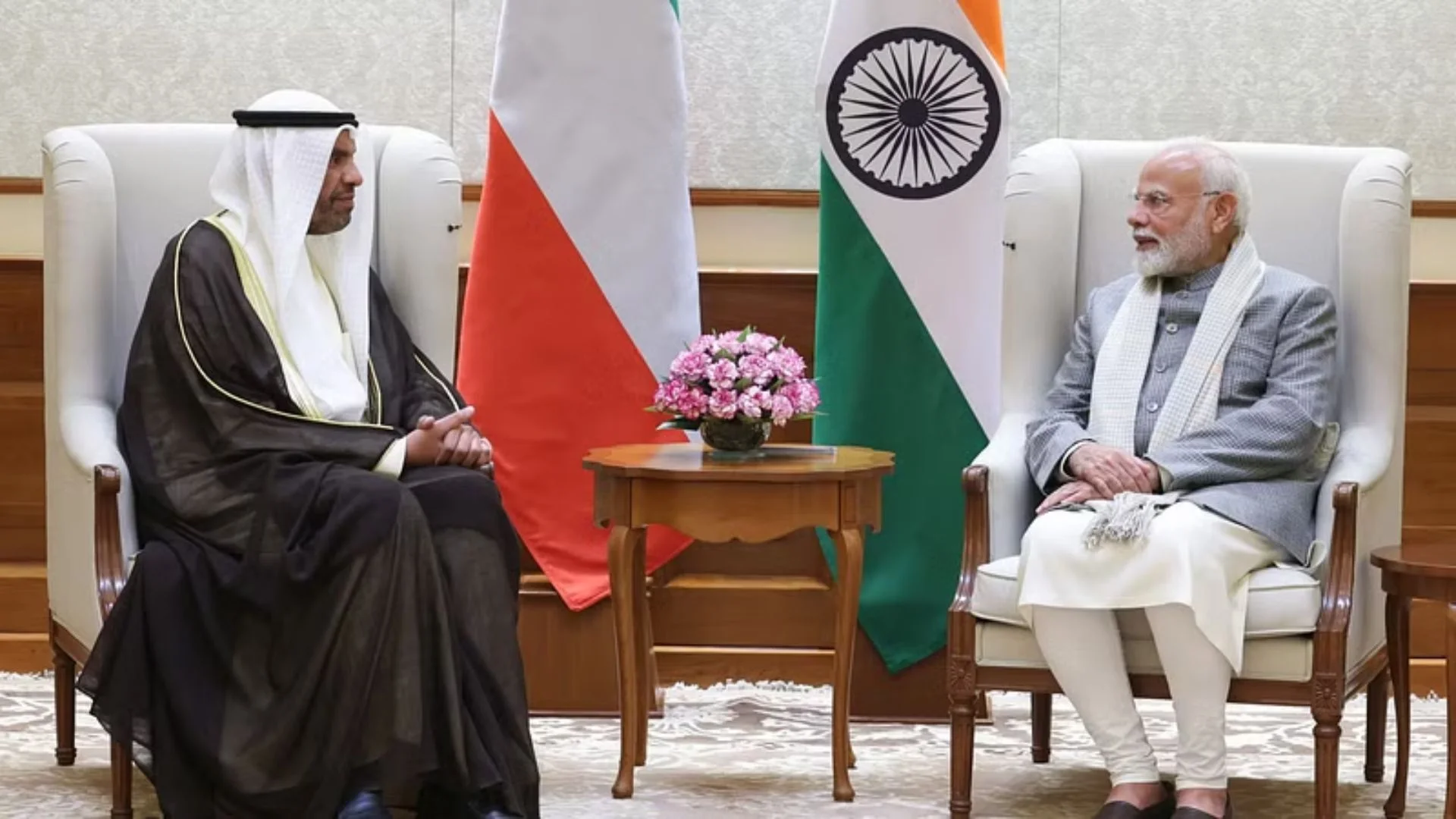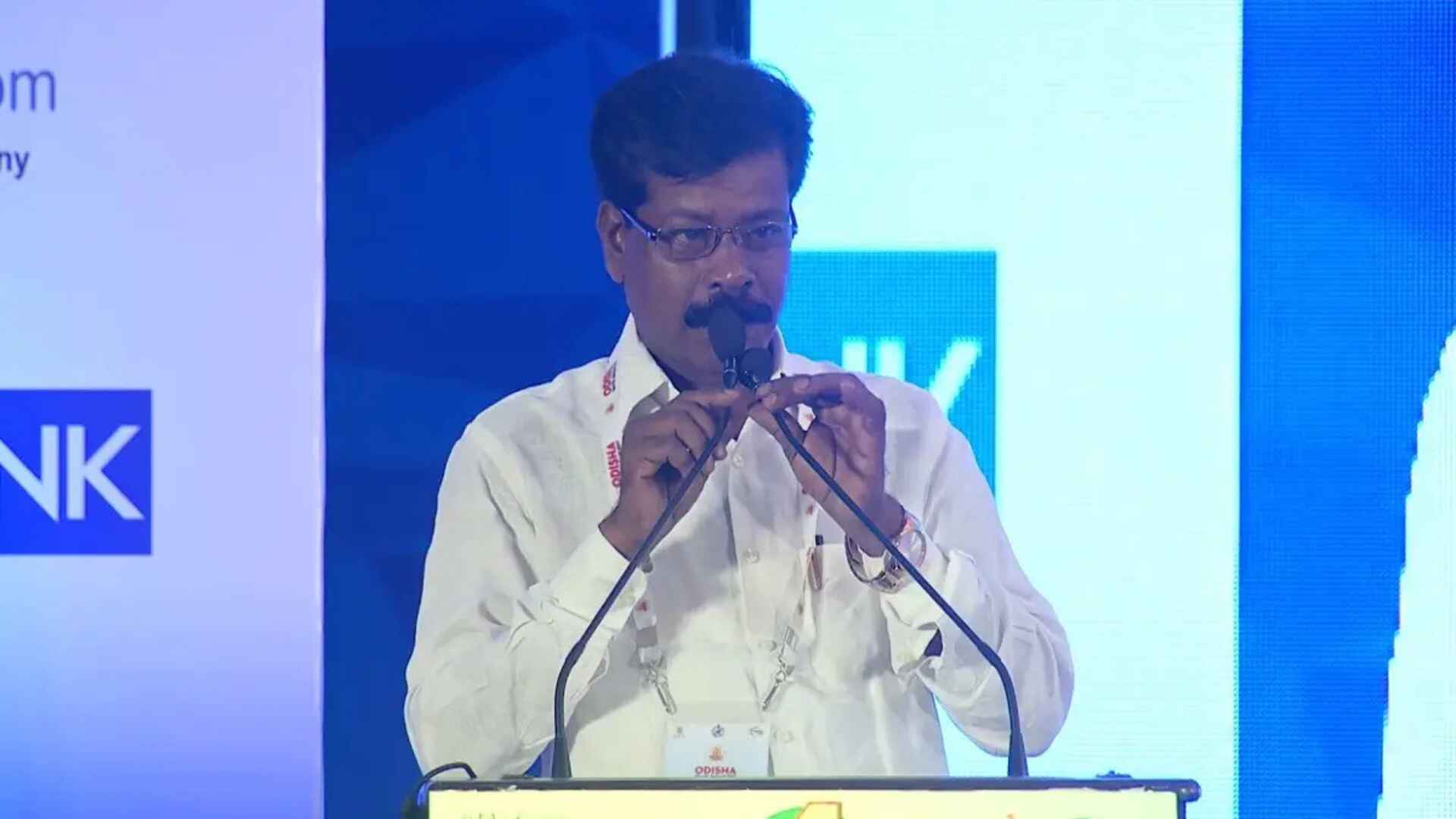In a significant development, the Karnataka government is set to abolish the National Eligibility cum Entrance Test (NEET) following a series of controversies, including a major paper leak incident. On Monday, the state cabinet approved a proposal to scrap NEET and introduce a state-specific medical entrance exam. This decision is poised to be formalized with a resolution in both houses of the state legislature during the ongoing session.
The move aligns Karnataka with Tamil Nadu’s recent decision to eliminate NEET, reverting to a system based on Class 12 marks for medical admissions. Karnataka’s Deputy Chief Minister DK Shivakumar criticized NEET for allegedly favoring students from North India at the expense of local candidates. He emphasized, “The NEET exam must be scrapped immediately. The union government should permit states to conduct their own entrance exams. Despite having built numerous medical colleges, NEET benefits students from North India, depriving our own students of opportunities. We must unite in this fight.”
This shift follows Tamil Nadu’s legislative action in June, where Chief Minister MK Stalin highlighted the challenges faced by economically disadvantaged students in preparing for NEET. Tamil Nadu’s resolution argued that NEET undermines the opportunities for rural students and infringes on states’ rights to manage medical college admissions independently.
In addition to the NEET proposal, the Karnataka cabinet has also put forward plans for the establishment of the Greater Bengaluru Authority (GBA). This new body will assume financial control over Bengaluru, replacing the current Bruhat Bengaluru Mahanagara Palike (BBMP). The restructuring of Bengaluru’s governance has been a long-standing issue.
Furthermore, a resolution opposing the ‘one nation, one election’ initiative is also expected to be presented in the assembly. These critical resolutions are anticipated to be debated and potentially passed on Tuesday or Wednesday.
The proposed changes reflect a broader trend of states seeking more autonomy over educational and administrative matters, highlighting ongoing debates over federal and state authority in India.







